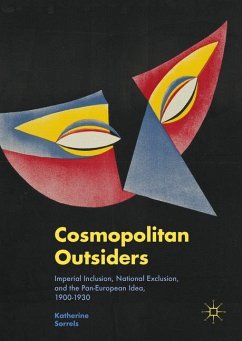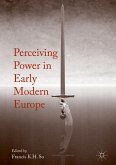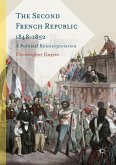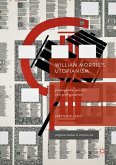This book reconstructs the intellectual and social context of several influential proponents of European unity before and after the First World War. Through the lives and works of the well-known promoter of Pan-Europe, Richard Coudenhove-Kalergi, and his less well-known predecessor, Alfred Hermann Fried, the book illuminates how transnational peace projects emerged from individuals who found themselves alienated from an increasingly nationalizing political climate within the Austro-Hungarian Monarchy and the new nation states of the interwar period. The book's most important intervention concerns the Jewish origins of crucial plans for European unity. It reveals that some of the most influential ideas on European culture and on the peaceful reorganization of an interconnected Europe emerged from Jewish milieus and as a result of Jewish predicaments.
"Cosmopolitan Outsiders adds significantly to recent work asserting the relevance of early twentieth-century plans for European unity to the story of post-1945 integration, brings German scholarship on Fried and Coudenhove-Kalergi to an Anglophone audience, and makes intelligent, nuanced, and persuasive arguments that Pan-Europe must be understood with reference to a specifically Austrian Jewish internationalism, and that colonialism lay at its heart. ... ought to be required reading for historical and political geographers interested in these fields." (Benjamin J. Thorpe, Journal of Historical Geography, July, 2017)








